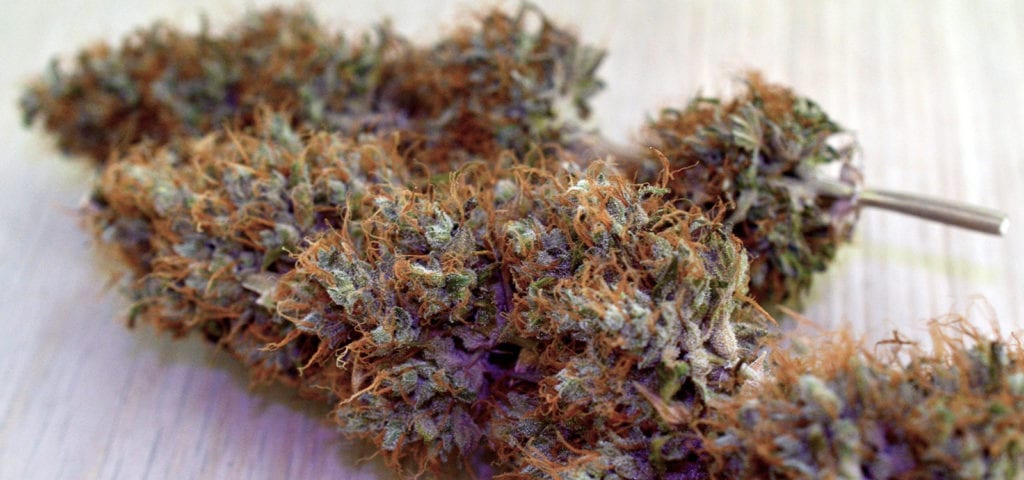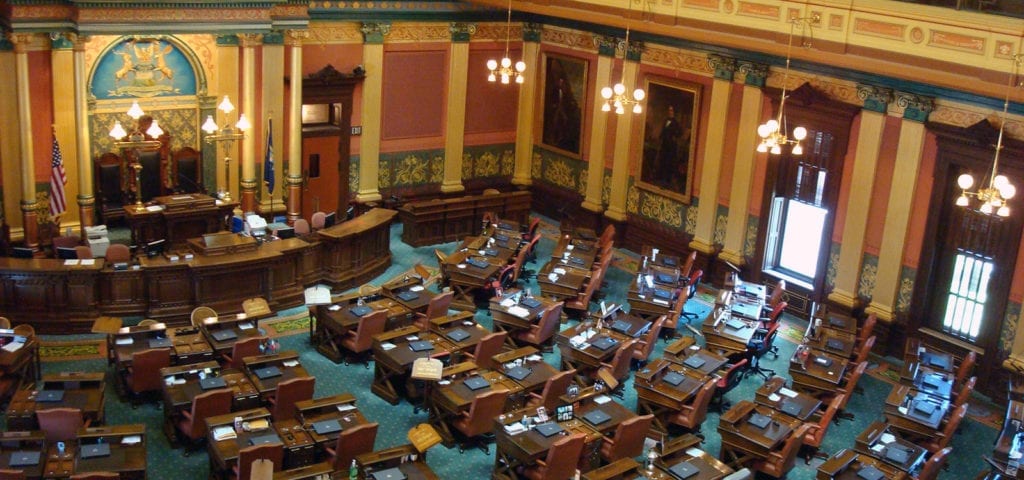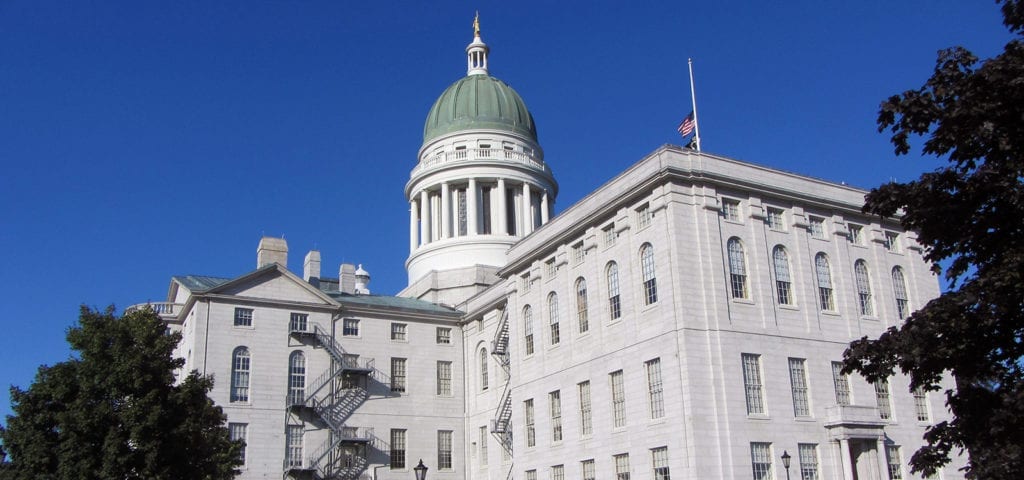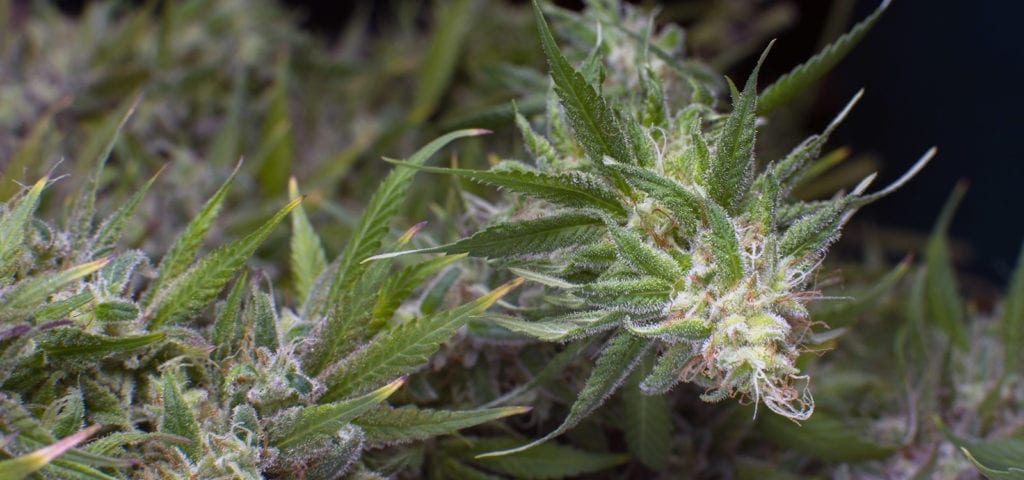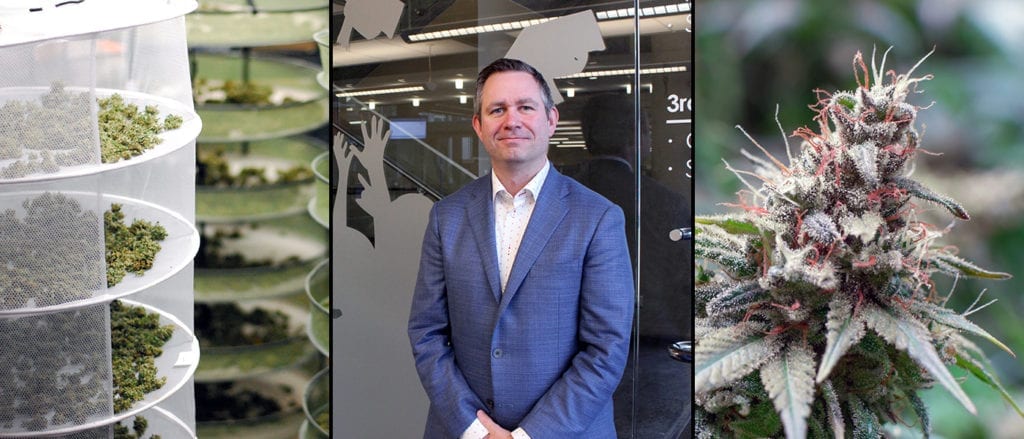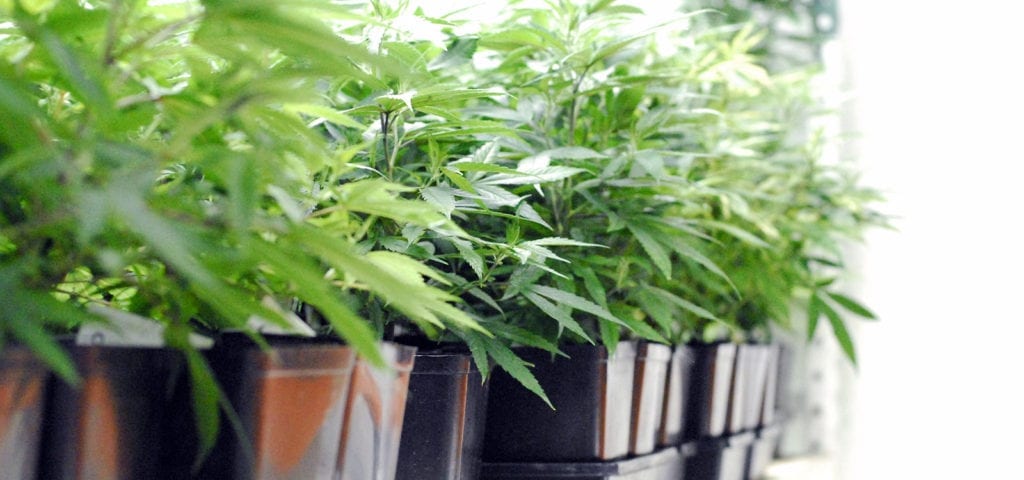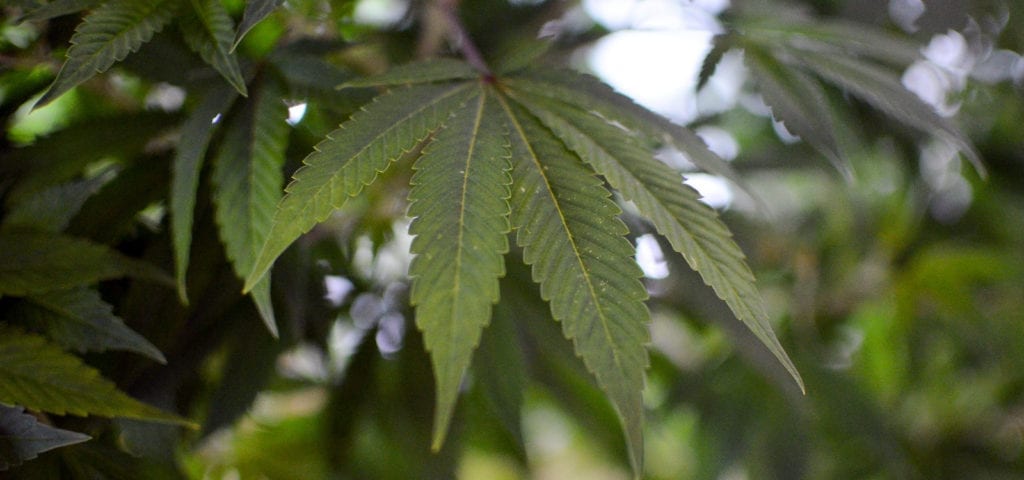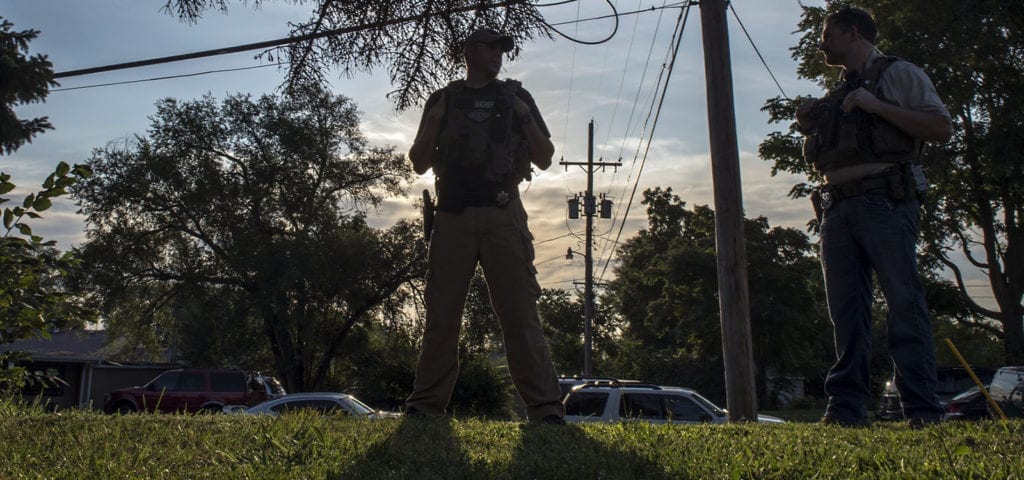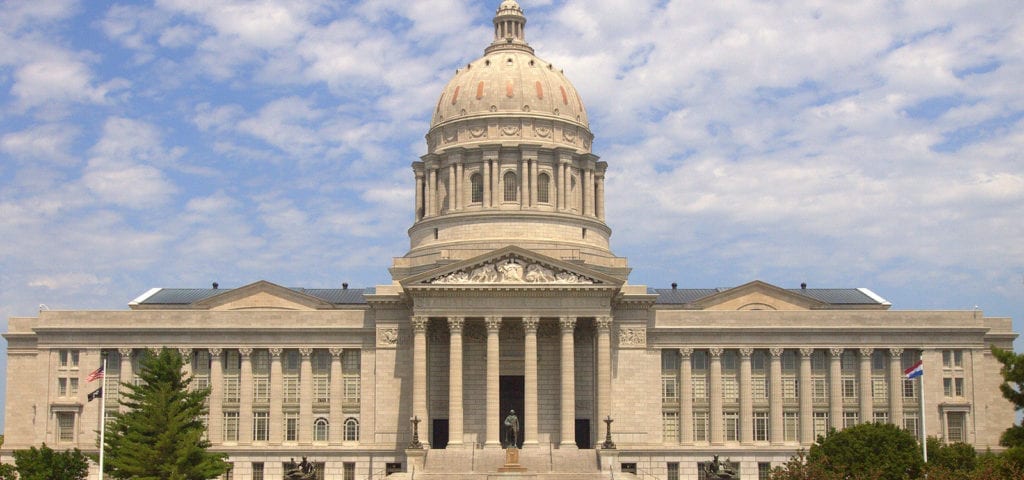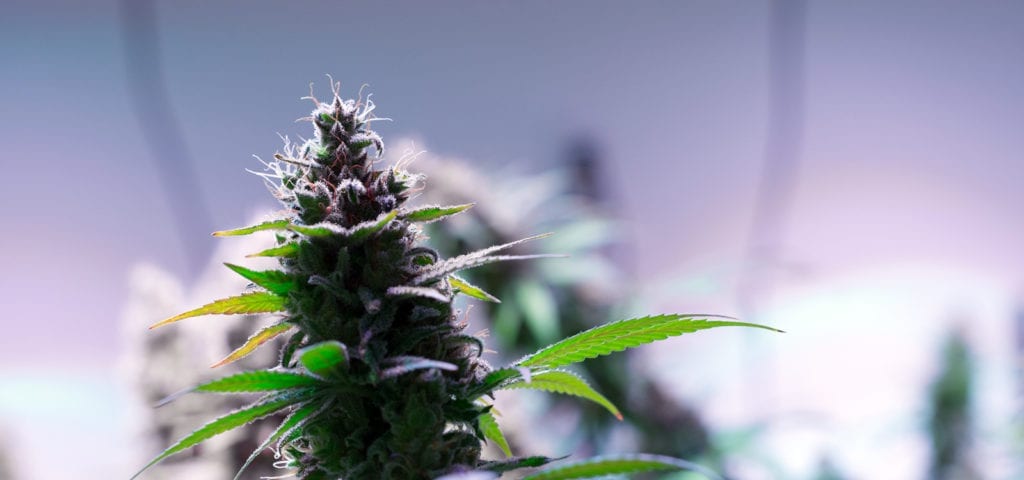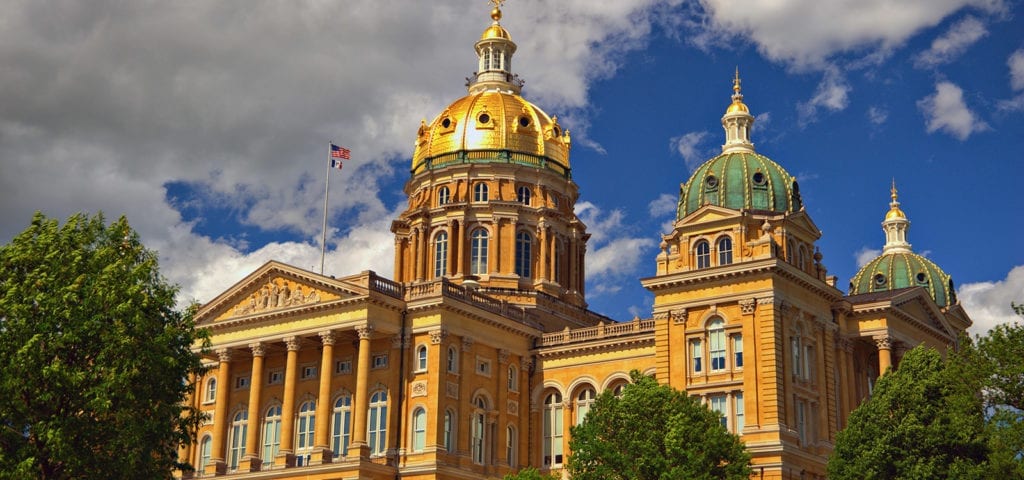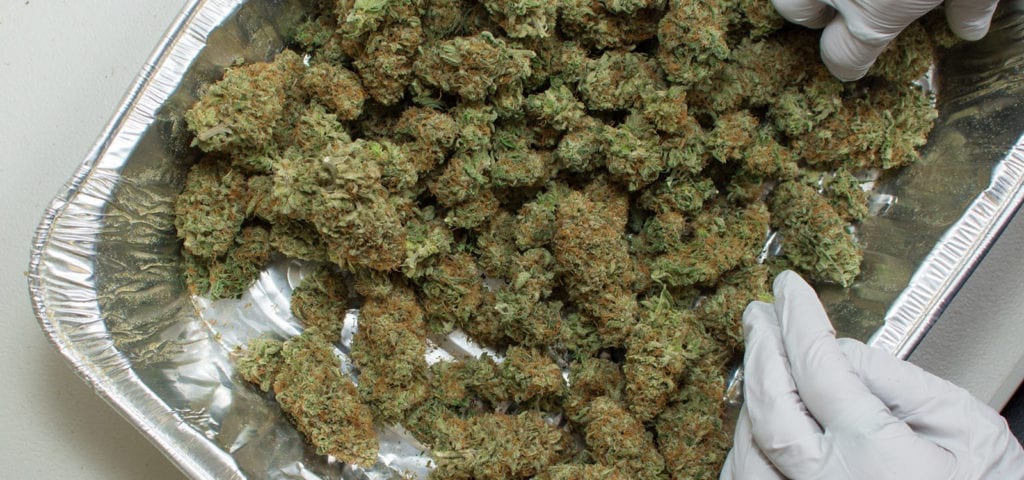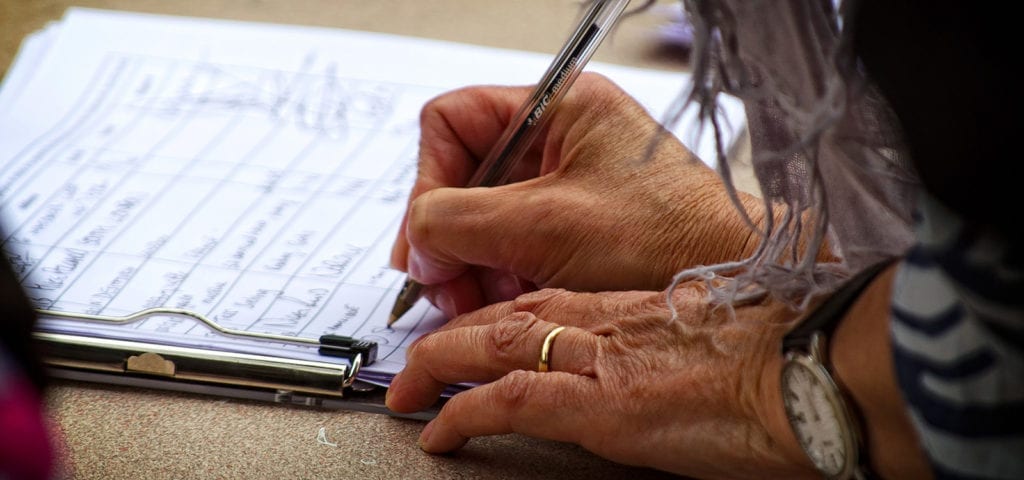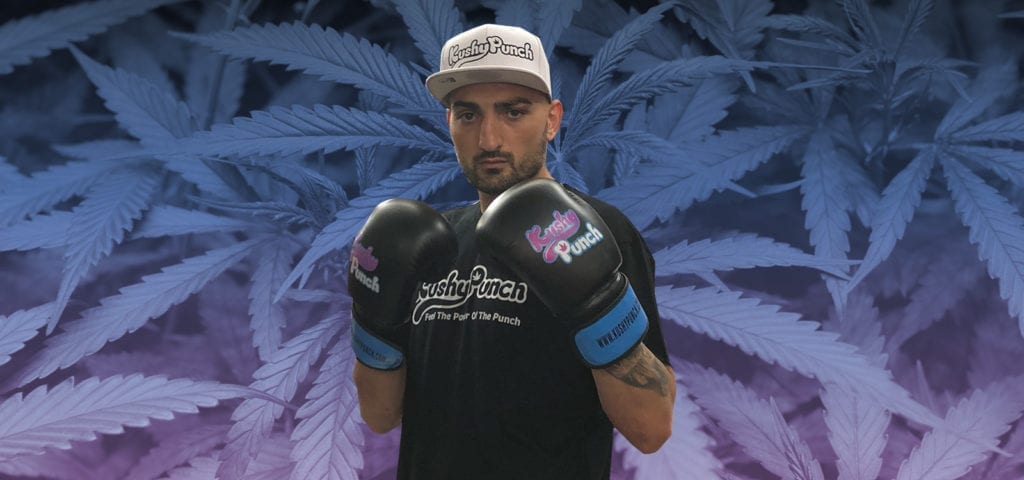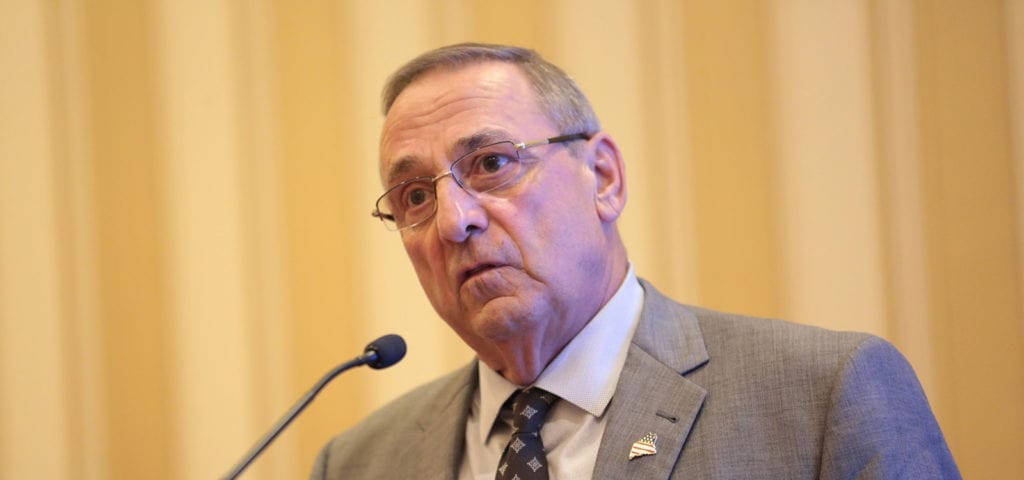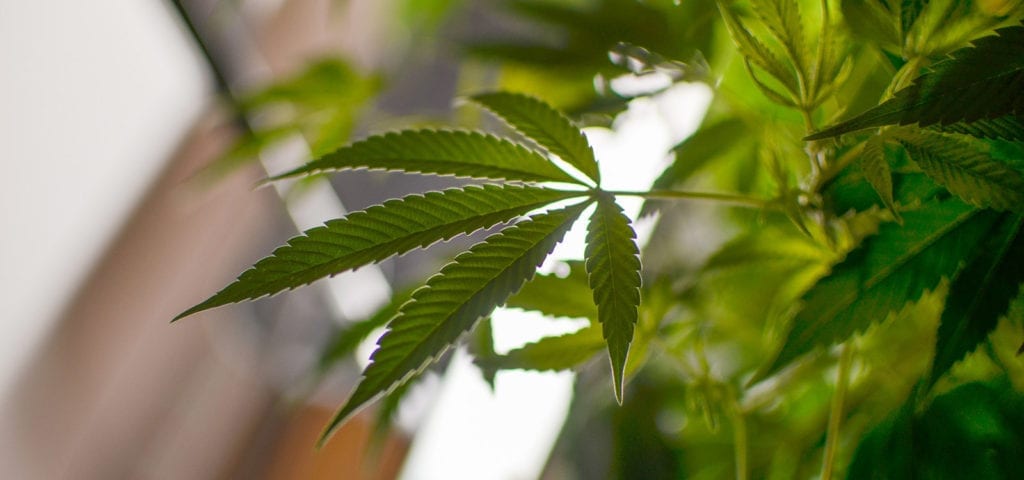David Purcell is the Director of Emerging Business for the Cannabis Career Training program in the Continuing and Professional Studies division at Kwantlen Polytechnic University in British Columbia.
All eyes are on Canada this year as the nation steadily progresses toward establishing its highly anticipated national adult-use marketplace — so we invited David to an interview to talk about his work with KPU and what he has done to help prepare Canada’s workforce for the impending industry. Check out his responses below as we dive into the complex relationship between cannabis educators, cannabis professionals, and cannabis patients and/or enthusiasts.
Ganjapreneur: What can Kwantlen’s Cannabis Education Series do for someone who wants to join the industry? What are the main takeaways?
David Purcell: The Cannabis Career Training series is currently offered through three, eight-week, online courses which are: Plant Production and Facility Management; Marketing, Sales and Drug Development; and Financing a Cannabis Enterprise in Canada. These courses are meant to provide a foundational understanding of the industry through an in-depth look at the cannabis plant, where and how it is grown, and the industry in Canada all taught based on the current and evolving regulatory framework. We are currently developing a Cannabis Cultivation Technician course, which will be a 32-week comprehensive course to teach students how to grow cannabis in a licensed facility, as well as a Retail Training course to meet the needs of the current medical, and future recreational markets.
When was it clear to you that the cannabis industry would need a dedicated educational series?
KPU recognized very early on that there was going to be a need for an educational platform. As medical cannabis use in Canada increased, we recognized the need to provide education to patients, producers and the general public. The industry was relatively new, and there were no accredited, degree-granting universities taking on the challenge of building a cannabis education program at the time. As the industry began to grow, we focused on key industry experts to assist with the expansion of the program to include the coursework that is currently on offer.
Was there ever pushback from your university over the program due to the plant’s legal status?
When we decided to pursue cannabis education, we ensured that we would only work with legitimate, credible resources within the Canadian medical cannabis industry. Given that medical cannabis had been legalized in Canada at this point helped, but it took a bit of effort, and some excellent work from our staff and industry partners to develop a curriculum that proved to offer a great deal of value to both the general public as well as the industry on the whole.
Considering Canada’s plan for nationwide legalization, what do you expect to be the biggest obstacle or issue to overcome as the program comes online?
I think that the industry is going to have a difficult time scaling up to meet the demands of the country. It is generally accepted that the supply of cannabis will not meet the demands of the recreational market once recreational legalization takes place this summer. KPU educators have the same challenges relating to scaling up. We recognize the importance of providing quality education in the cannabis space to Canadians but can’t possibly scale fast enough to do so on our own. To meet this challenge, KPU has, and continues to establish key partnerships with colleges and universities across Canada to develop and deliver cannabis education as a means to ensure that the needs of the industry and future learners are met.
How often does each 8-week series run and can you enroll in all three at the same time, or do they build off of each other?
The demand for the Plant Production and Facility Management Course has been so high that we are running concurrent intakes every four weeks. All other courses run every nine weeks– that’s an eight-week course with a one week break to grade final assignments etc. The courses currently do not ladder into each other, but we are working on a series of courses that will stream together. You can enroll in all three at the same time, but that would be quite the commitment. From a student’s perspective, the time commitment is typically 8-12 hours per week per course.
Who actually compiles the curriculum for each course and how is the information gathered?
We are fortunate to have a number of working relationships with licensed producers across the country. We often collaborate with these partners to determine what their workforce training needs are and build programming to fill those needs.
How have the licensed cannabis companies you’ve approached reacted to the Kwantlen Cannabis Education series?
The reaction has been overwhelmingly positive. There are a number of success stories of our graduates now working for licensed producers throughout the country. Again, we try to keep an open line of communication with the licensed producers so as to be able to build for their current needs as well as anticipate training needs of the future.
Can you share your favorite or most rewarding experience you’ve had since starting this project?
It isn’t one single event, but rather the continuous breaking down of the stigma that surrounds cannabis. I participate in a number of events outside of the cannabis industry and when I tell people what I do for a living, the responses and reactions are typically formulated out of a complete lack of understanding as to what cannabis is all about. The typical understanding is that the industry is just a bunch of “stoners.” If I can open their minds even a little bit with conversation and some high-level explanation of the industry, the plant, some of the therapeutic benefits etc., I find that to be very rewarding.
Do you plan to eventually offer an in-person cannabis education series, and what would you need to make that happen?
We are in the final stages of writing the curriculum for our Cannabis Cultivation Technician course, which will be a full-year course and will be delivered both online and in-person. The intent of the course is to fill the need for trained cultivators as the Canadian industry expands – at an incredible pace! What makes this particular course so unique is that we have secured an agreement with a local licensed producer to allow our students into their facility to have a hands-on experience and work directly with cannabis. This course will be launched this fall. Beyond that, and in addition to our existing courses, we hope to move towards a more formal academic path with our cannabis curriculum.
Besides signing up for a class, do you have any advice for someone who is thinking about getting involved in the cannabis space as Canada’s adult-use market comes online?
Education and knowledge is key. For those wanting to enter into the cannabis industry, it is critical that you have an understanding of the overarching Federal regulatory framework (C-45); and perhaps more importantly, your Provincial regulations, as well as the local regulations. Here in B.C. for example, the guidelines for private retailers of cannabis were just released and while private retail sale will be legal provincially, individual municipalities can dictate whether or not they will allow retailers in their particular jurisdiction. An important element of a successful venture into the space is to know the regulations.
Thanks, David, for taking the time to answer our questions and share your experiences. To learn more about David and Kwantlen Polytechnic University’s Cannabis Career Training, check out KPU’s website or sign up here to receive updates about the program.
